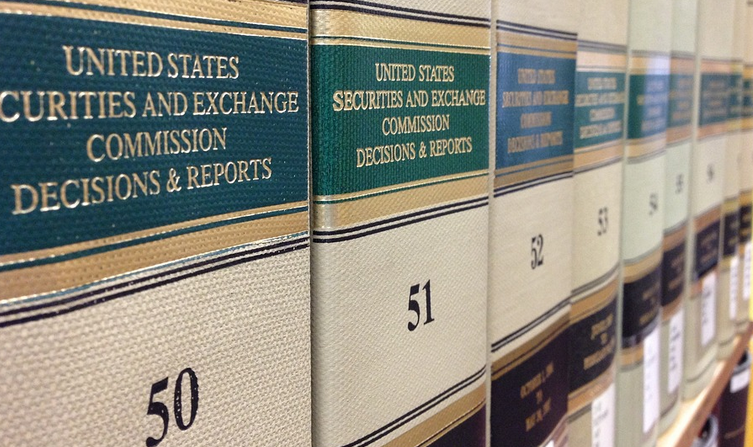Understanding the Risks of Asbestos in Your Home
Asbestos is a naturally occurring mineral that’s been used extensively in building materials for decades. Its lightweight, durability, and fire-resistant properties made it ideal for various applications, from construction to insulation and even some household products. However, asbestos can be dangerous when disturbed, as its fibers can become airborne and cause serious health problems like mesothelioma, lung cancer, and other respiratory illnesses.
You might find yourself wondering how this potentially harmful material ended up in your home. Understanding the history of its use in various construction projects is crucial. Asbestos was prevalent in many buildings built before the 1980s due to its enduring nature and cost-effectiveness. Common examples include: insulation materials, wallboards, roofing shingles, ductwork, floor tiles, ceiling tiles, and certain types of fireproofing materials.
The Importance of Professional Testing
It’s important to remember that not all asbestos is harmful. Asbestos fibers are only dangerous when they become airborne, creating a health risk. That said, even if you suspect asbestos in your home, it’s crucial to have it tested by qualified professionals.
A thorough asbestos inspection can determine the presence and quantity of fibers within specific areas. This information will guide subsequent actions. The most common methods for testing include: air sampling, visual inspections, and direct microscopic examination. It is essential to remember that these tests must be conducted by certified asbestos professionals or accredited laboratories.
Navigating Legal Concerns
If you live in Gaithersburg and have concerns about asbestos exposure, it’s vital to understand your legal rights. The legal landscape surrounding asbestos can be intricate, with varying state and federal regulations governing its presence and disposal. It is imperative to seek advice from an experienced attorney specializing in asbestos litigation.
An asbestos lawyer can analyze your individual circumstances, assess the extent of potential damage, and provide guidance on available legal avenues. They can help you navigate complex legal processes like filing a claim or seeking compensation for health issues caused by asbestos exposure. The process of pursuing legal action can be lengthy but often proves vital in holding responsible parties accountable.
Finding Legal Help: Specialized Resources in Gaithersburg
If you’re facing challenges with asbestos-related matters, don’t hesitate to reach out for support from legal professionals and communities focused on your case. These resources offer valuable assistance and can guide you through the complexities of navigating this legal terrain.
Several organizations in Gaithersburg are dedicated to providing guidance and support to individuals seeking legal help with asbestos-related issues. These include:
- **Maryland Legal Aid:** This organization offers free legal services for low-income residents, including those facing asbestos exposure cases.
- **Chesapeake Environmental Law Center:** This non-profit law firm focuses on environmental protection and health, offering assistance with asbestos-related litigation and claims in Maryland.
- **Maryland State Department of the Environment (MDE):** This state agency provides resources for residents seeking information on asbestos regulations and potential risks in their homes.
These organizations offer valuable support and guidance.
Seeking Justice and Protecting Your Health
If you believe you’ve been exposed to asbestos and are considering legal action, remember that seeking justice is crucial. It’s not just about holding responsible parties accountable; it’s also about protecting your health and well-being.
By engaging with qualified professionals and pursuing appropriate legal avenues, you can work towards achieving a sense of justice while protecting yourself from the long-term consequences of asbestos exposure.
— It is important to note that this information is for general knowledge only and does not constitute legal advice. It’s always recommended to consult with an experienced attorney specializing in asbestos litigation for personalized guidance on your specific situation.



